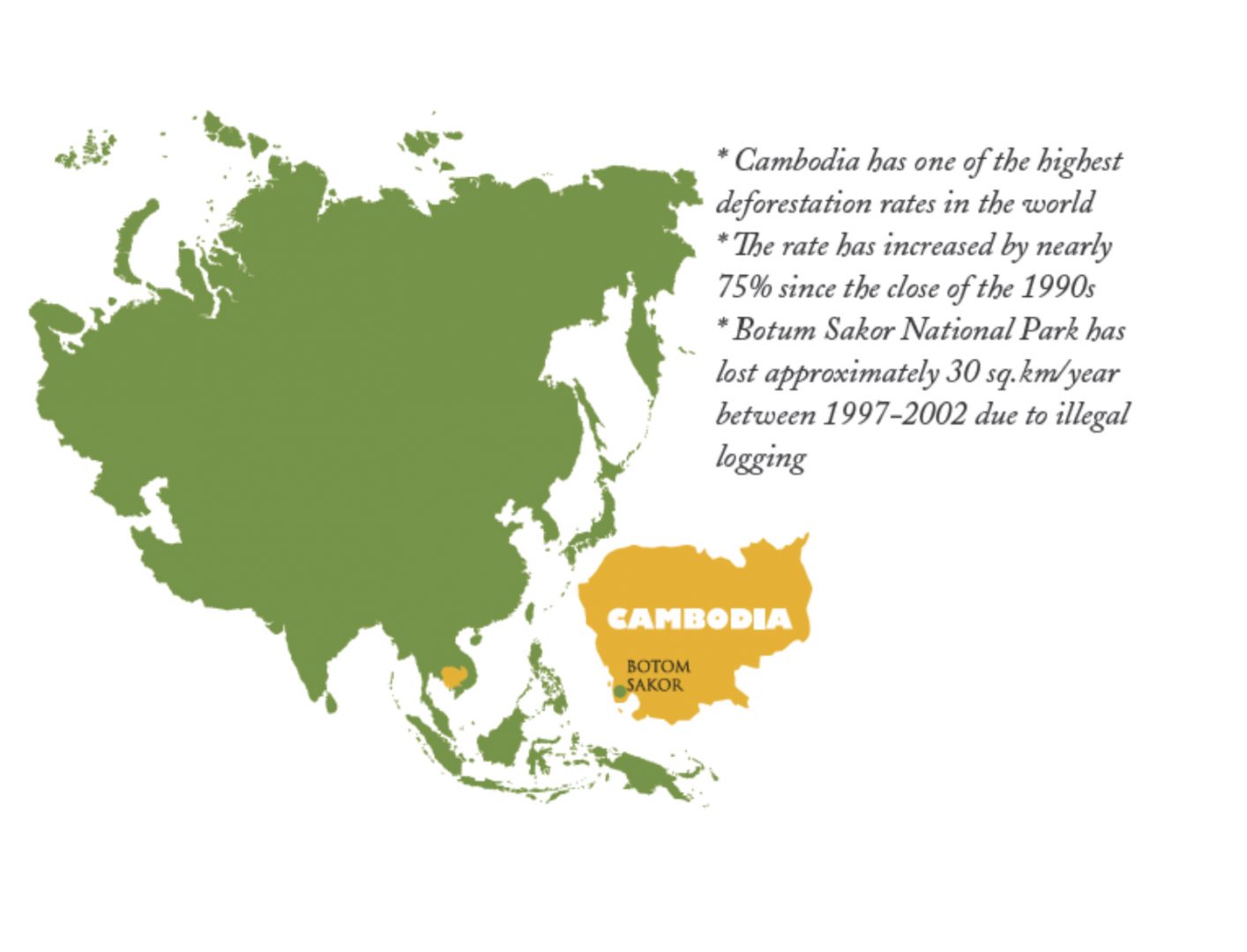all posts
A new look at non-native species
Check(ing) lists
SSHHHHHHH
It’s feeding time at the cleaner-fish cafe
The Bull, the Bear, and the Bumbley Bee!

Asian vulture crisis – 40 million gone, but have we reached a turning point?

Marine parks in India – a case for maritime environmentalism

Reconciling the relationship between humans and wolves

Pink birds in the red

Empowering local communities in Kenya to conserve lions

Conservation of Asiatic lions: where do we go now?

Translocations in South Africa: lion reintroductions in perspective

Here there be monsters (for now)

Marine mammal conservation and the role of research

Beyond business as usual: Why urban biodiversity indicators matter

Colombian urban-regional environments: Emerging ecosystems, emerging logics

Heritage trees of Cape Town: beacons of local history and culture

Human diseases: Insights obtained from wildlife research

Emerging Disease at the Human-Animal Interface

Health, disease, and wildlife conservation in the Pacific Islands

Indigenous knowledge and climate change in Australia

Conservation of networks

Connecting habitat patches in fragmented landscapes

Use of network analysis in food web conservation

The PES paradox

A pocketful of forests?

Buying our way out of environmental problems?

Citizens follow bees for science

Does REDD+ induce inclusive exploitation of forest people?
conflicted lands in east Africa

Human-nature dynamics through time

A tale of two Souths

The Eagle, The Endangered Species Act and Education

Discovering wildlife in Cambodia

Talk value to save coastal ecosystems

Passports for African sea turtles

Act Responsible at the Top

Olive and Green: Shades of Conflict Between Turtles & Fishers in India

Prioritizing the Tiger: A History of Human-Tiger Conflict in the Sundarbans

Making chairs for conservation

Invading the Andamans

Tackling Invasive Species: the story of a shrub in South Africa

How Lantana invaded India

Corals or Cola: between the devil and the deep blue sea
donate
Conservation is for everyone, and we help you understand it.
Donate